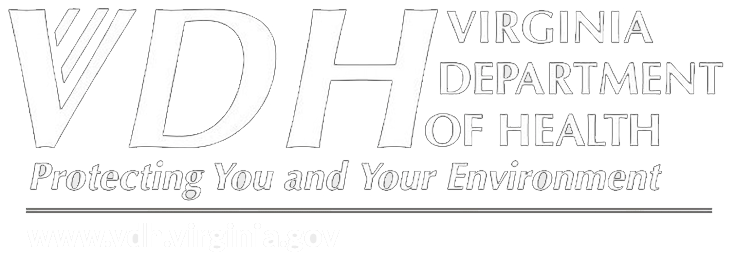The Virginia Veteran and Family Support Program (VVFS) is operated by the Virginia Department of Veterans Services and provides Outreach, Connection and Support to veterans and their families as they address the challenges of military service, transition, deployments, Post Traumatic Stress and other behavioral health concerns as well as Traumatic Brain Injuries and other physical injuries.
According to Brandi Jacaitis, Director, VVFS, a wide range of services are available to help members of the military transition back to civilian life. VVFS provides direct support via personalized care coordination, peer to peer mentoring, caregiver skill building and support groups.
Jancaitis supervises an average of 55 staff, statewide in Virginia that provide care coordination and resource linkages for behavioral health, rehabilitative, and supportive services for the military and veteran population.
“We also screen for suicide risk in our intakes and in our appointments so that we can identify those who are struggling and get them linked up to help as quickly as possible, as well as identify those who might need immediate intervention,” says Jancaitis.
In addition to providing boots on the ground help for suicide prevention and intervention, VVFS is participating in the Governor’s Challenge, a national call to action from the Veterans Health Administration and the Substance Abuse and Mental Health Services Administration (SAMSHA) for states to implement a comprehensive public health approach to suicide prevention among the serving military, veterans and their families.
Virginia was one of the first seven states invited to participate in the Governor’s Challenge, in 2019, and has now become not only a participant but a mentor for other states that have come on board. The challenge is now in 35 plus states.
Explains Jancaitis, “We take those federal priorities, we translate them into a state level strategic plan, and then we put that strategic plan into action.”
The key priorities that have been implemented or are being planned for implementation in Virginia are:
- Identifying members of the serving military, veterans and families and screen for suicide risk;
- Promoting connectedness and improve care transitions
- Increasing lethal means safety, and safety planning.
Virginia’s framework under these priorities includes the 3 C’s: Care, to increase access to culturally competent behavioral health services; Connect, by creating partnerships between Military Veteran specific and community services together; and Communicate, educating serving military, veterans and families (SMVF) of available resources.
VISR is where it all comes together. Forty agencies, including hospitals, community mental health agencies, social services and state department of veteran services signed on for initial training in suicide screening and follow through. And despite the pandemic, all were able to increase training and capacity to serve SMVF. Nineteen of them collected data regularly, with impressive results:
In the original six months of data collection, more than 420 veterans were screened for suicide risk, by eight Benefits staff members. That number has grown dramatically. Now, all Benefits staff members screen for suicide risk (approximately 70 staff) and more than 500 veterans are screened monthly.
VISR 2.0, being launched in 2022, seeks to bring in non-traditional helpers in the realm of suicide prevention. These are community agencies that don’t necessarily have a formal role in behavioral health treatment or support but offer another means for implementing risk screening. These agencies might include an employment support program, a library or local school. It’s another critical means of closing gaps and providing safety nets.
Military service members, veterans, and family members who are in crisis or having thoughts of suicide—and those who know someone in crisis—can call the Suicide Prevention Lifeline at 1-800-273-8255 (Veterans and caregivers, press 1) for confidential support 24 hours a day, 7 days a week, and 365 days a year.
